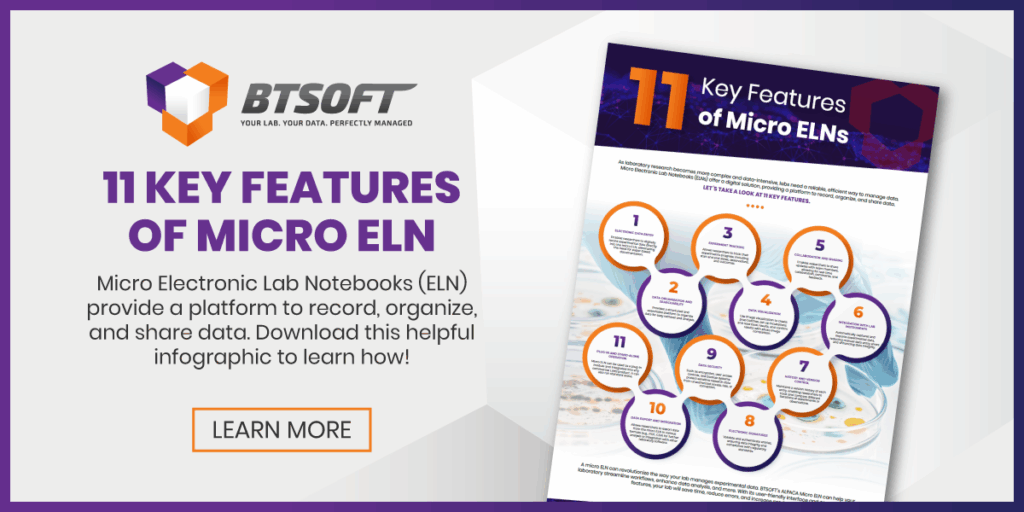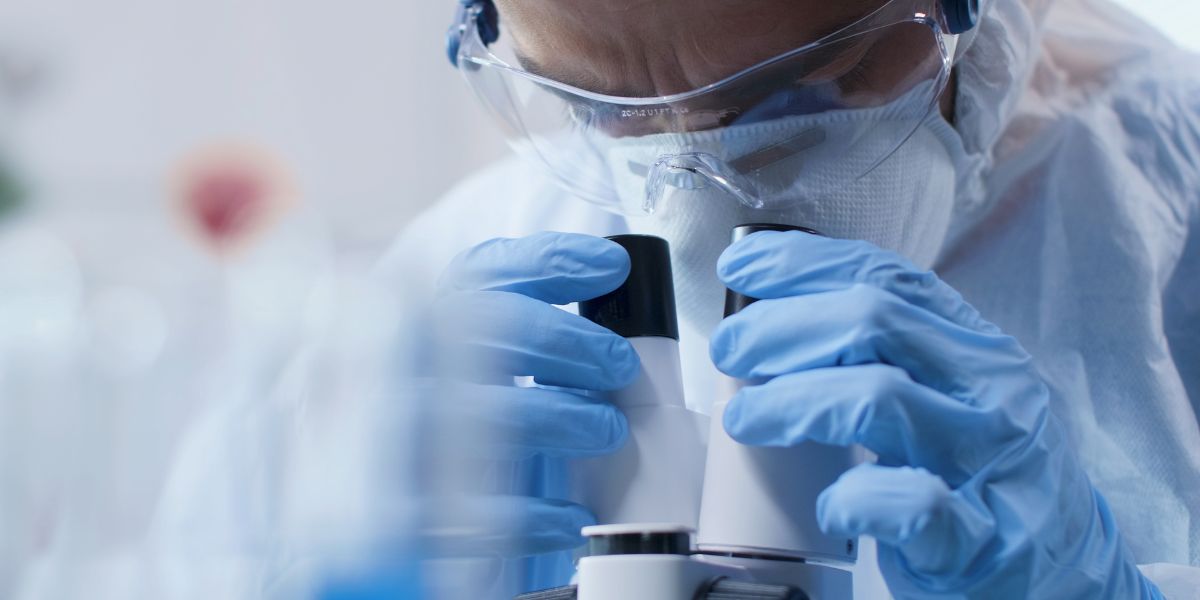In the realm of environmental laboratories, precision and innovation intersect in a constantly evolving regulatory landscape. As regulations shift, these labs face a unique set of challenges in adapting their practices to meet new compliance standards. Let’s go over the complexities and a potential solution in balancing innovation with compliance.
Discover Wastewater Treatment Lab Solutions
Regulations, Regulations…
In essence, laboratory regulations serve as a framework to balance scientific advancement with ethical considerations, safety, and the broader well-being of society. By setting standards, guidelines, and protocols, regulations help laboratories operate responsibly, ensure quality, and contribute to the advancement of knowledge and innovation in a manner that benefits everyone.
Environmental Laboratories: Compliance Regulations and Standards
Environmental labs are subject to various compliance regulations and standards to ensure the accuracy, reliability, and integrity of their data, as well as to promote the safety of researchers and the environment. Some key compliance areas for environmental labs include:
ISO 17025
This international standard outlines the general requirements for the competence of testing and calibration laboratories. It covers aspects such as quality management, personnel competence, equipment calibration, method validation, and results reporting.
Quality Control (QC) and Quality Assurance (QA)
Environmental labs must implement robust quality control and quality assurance processes to ensure accurate and reliable results. This includes equipment maintenance, method validation, and periodic internal and external audits.
Data Integrity
Ensuring data integrity is crucial in environmental labs. Compliance involves maintaining accurate and complete records, preventing unauthorized changes to data, and implementing audit trails to track data modifications.
Chain of Custody
When handling samples for environmental analysis, maintaining a clear chain of custody is essential. This involves documenting the handling, transfer, and storage of samples to ensure their integrity and traceability.
Health and Safety Regulations
Environmental labs need to adhere to health and safety regulations to protect researchers and the environment. This includes proper storage and disposal of hazardous materials, as well as providing adequate training and protective equipment to lab personnel.
Regulatory Reporting
Environmental labs often generate data used for regulatory purposes, such as compliance with air quality standards or water contamination levels. These labs must ensure their data meets the specific requirements set by regulatory bodies.
Document Control
Proper management of laboratory documents, including procedures, protocols, and reports, is essential for compliance. Document control ensures the most up-to-date and accurate information is used in lab operations.

Environmental labs must follow safety regulations to safeguard researchers, the environment, and the community.
Sample Management
Compliance in sample management involves proper labeling, tracking, storage, and disposal of samples. This helps maintain sample integrity and prevents cross-contamination.
Environmental Monitoring
Some labs need to monitor their own environmental impact, such as energy consumption and waste generation. Compliance with environmental regulations helps labs minimize their ecological footprint.
Data Integrity and Privacy
If the lab handles sensitive data, it needs to comply with data integrity and privacy regulations. This includes protecting personal information and implementing cybersecurity measures to prevent data breaches.
Ensuring Regulatory Compliance with Micro ELN
In navigating the landscape of regulations and compliance, environmental laboratories play a pivotal role in safeguarding public health, preserving ecosystems, and contributing to responsible research. As laboratories strive to meet quality, data, and ethical requirements, the integration of cutting-edge tools becomes essential. Enter the Micro Electronic Laboratory Notebook (Micro ELN), a versatile digital solution which offers environmental laboratories an array of benefits. From streamlining data management and documentation to enhancing traceability and ensuring regulatory alignment, Micro ELN provides a tailored platform to address the intricate demands of compliance. Visit BTSOFT and schedule a demo to learn more about Micro ELN and the benefits it will bring to your lab.





